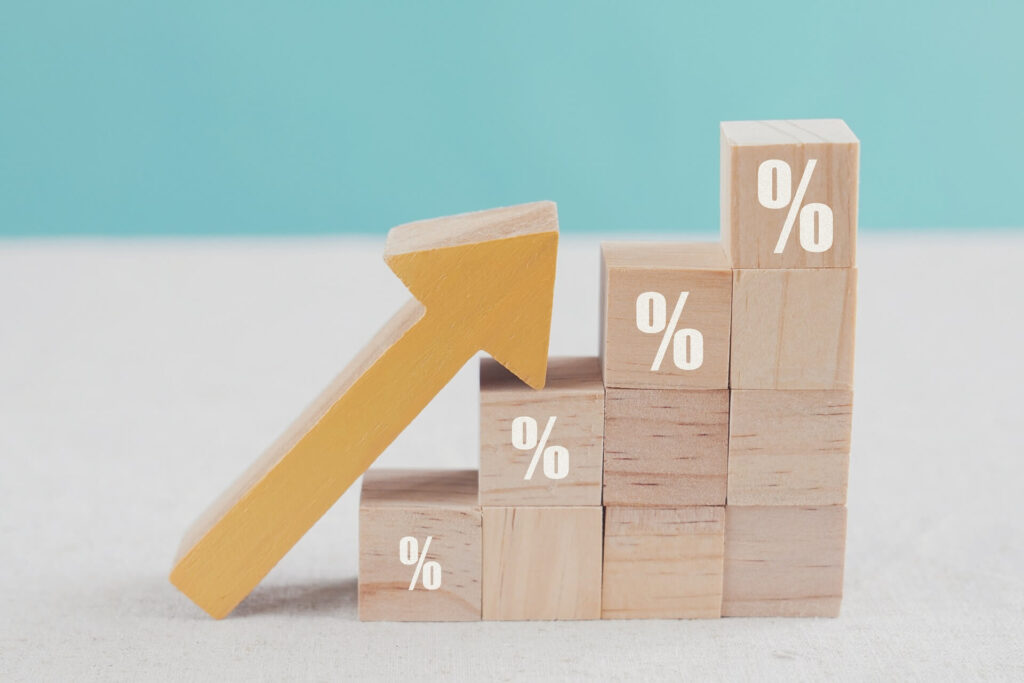You might be forgiven for assuming there are no tax consequences of leaving money to your children, seeing as Australia scrapped death duties more than 40 years ago.
However, that’s not strictly true. So, if you’re not careful, you might be caught out and unwittingly land your adult children with a large tax bill.
What tax implications should you consider?
There are several potential tax bombs you need to be aware of, including:
- Super death benefits
- Capital gains tax
- Any income earned by your estate
- Leaving assets to a non-resident
For the most part, these will all be non-issues if your children are legally considered as your tax dependents when you die. In general, this means they are under the age of 18 or were financially dependent on you.
What you need to know about super death benefit taxes
Unlike assets such as property, super death benefits are taxable and may need to be declared in the beneficiaries’ income tax return. How much they pay depends on several factors including:
- Whether it is paid as a lump sum or income stream
- Whether the super is tax-free or taxable
- The age of your children and the age you die (for income streams)
What you need to know about capital gains tax
While capital gains tax generally doesn’t apply when your children inherit, it can kick in if they decide to sell or otherwise dispose of the asset at a later date. The capital gain will be calculated from the date of your death, not when you originally acquired the asset.
However, your children may be able to avoid paying capital gains tax on an inherited property if:
- The property was your main residence when you died, and
- The property is sold within two years of your date of death
What you need to know about income earned by your estate
If your children receive an income from your estate, it will usually be assessed as part of their normal income by the ATO – potentially increasing the amount of income tax they have to pay. The income will be assessed in the financial year the entitlement arose, not in the year it was received.
What you need to know about leaving assets to non-resident beneficiaries
It’s not uncommon to have children who wanted to see the world and, as a result, are no longer tax residents in Australia. Unfortunately, this status means that any assets that your non-resident child inherits through your estate will be subject to capital gains tax if they are not taxable property.
The amount to be paid will be calculated using the market value of the asset at the time of your death. Then, unless your Will says otherwise, the tax payable will be deducted from the available estate – meaning all your beneficiaries will pay the cost.
As you can see, leaving money to your children is not as simple as it first seems, with many factors to consider. However, there are strategies that can minimise your children’s tax obligations.
Get the expert advice you need to navigate the deceased estate tax minefield by contacting Finextra Wealth.
Book a free breakthrough strategy call with Heath Hebenton to find out more.





